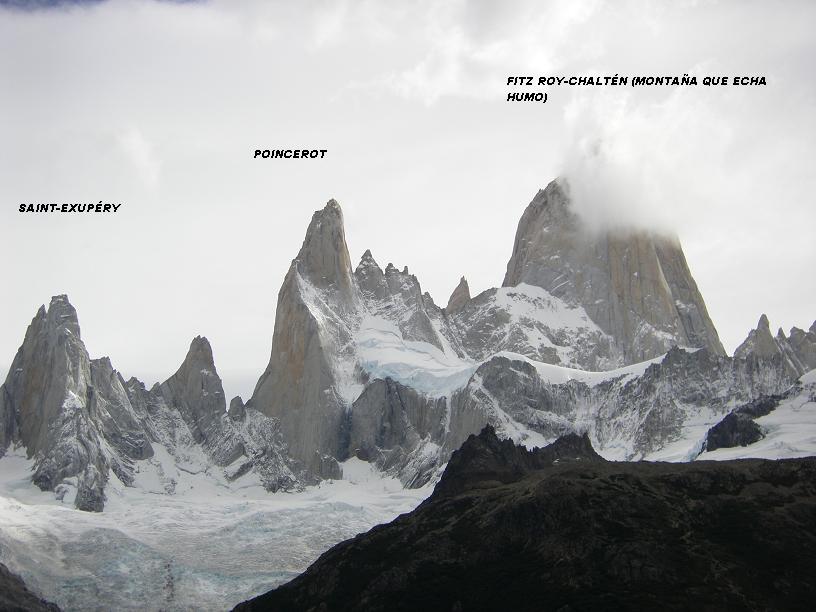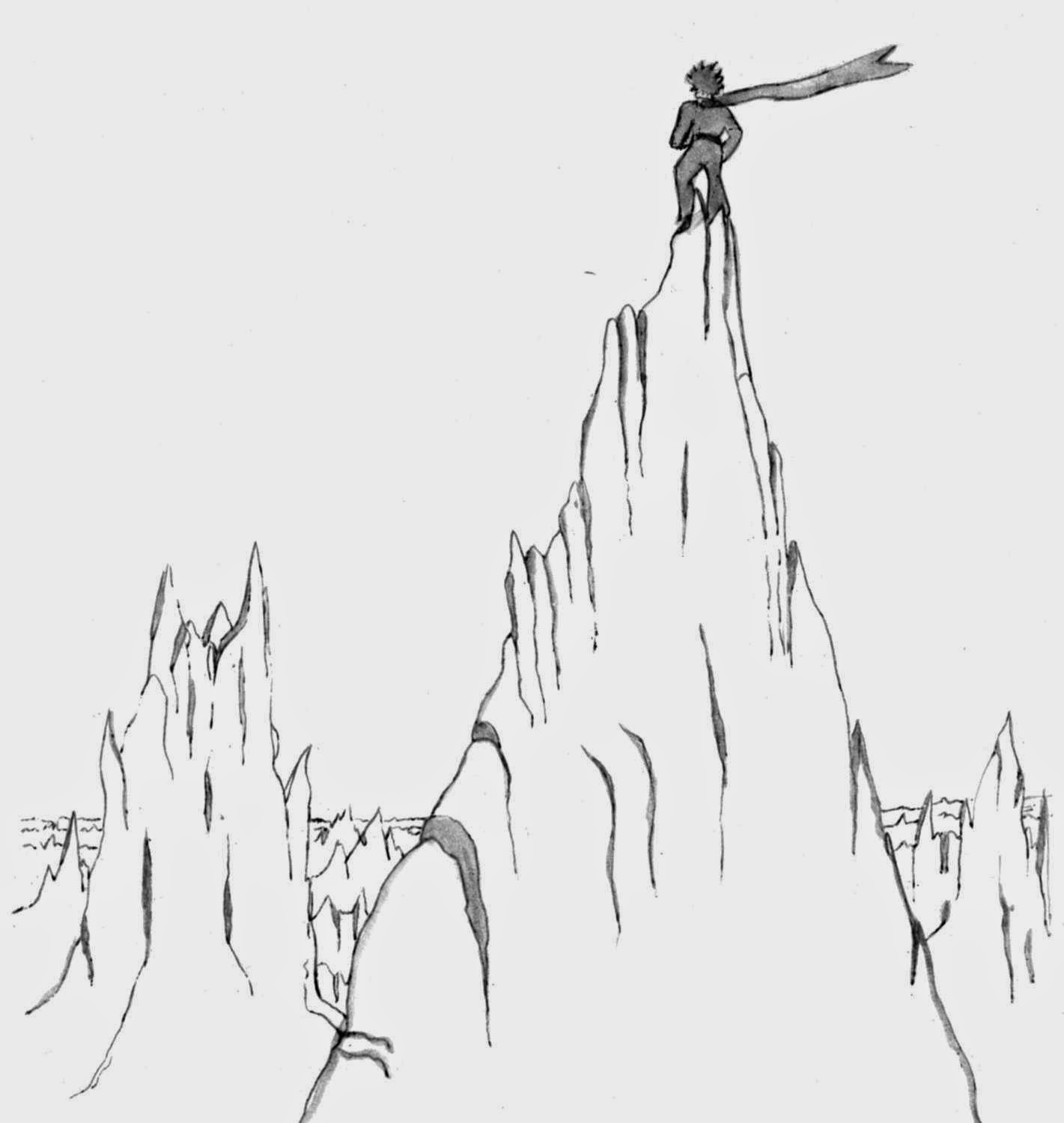I’m still a sucker for the names of places.
In Addis Ababa, the flight boarding to Asmara
A guy walked past in a white tunic with pink vest and a pillbox hat. There were the veiled ladies cracking themselves up and the guy in a natty blue suit with a Burberry bag and the family where the Dad would have fit in at the Battery in San Francisco, Chelsea boots and a tweed blazer. The mother wore a full black hijab, and the daughter wore a sweatshirt and shiny sandals with her hair in many braids. She giggled with glee as she played on the floor. I watched a group of Italian tourists playing cards and started to remember what it’s like to travel, and why.
Kampala
I was scared to leave Ana’s house to go to my first meeting so I just left without checking my map, walked through the gate with my heart pounding. I got red dirt on my new sneakers, which are technically just recycled waterbottles well-packaged by Silicon Valley. At the supermarket with chickens in front I started breathing again when I asked for directions and remembered I’ve been the one who looks different before.
Being a passenger on the back of a boda boda at rush hour in Kampala may be the best way to reach a state of equanimity and enlightenment. Do you have control of your fate, of your body in space, of how close your driver gets to the car next to you? Nope, so you might as well enjoy the view and hope for the best. I watched the women with bananas on their heads, the barefoot kids, a guy running with weights, the high school students walking home wearing Beats headphones. In my mind, that city is hills, exhilaration and exhaust, clenching the back rail of a boda boda on the way home to Ana’s apartment.
Lake Mburu
It started raining on our way to Lake Mburu, red dirt puddles and kids pulling their cattle. Eyes on the road and things to see, talking about UBI and impact investing, unspooling life, eating snacks. We got pulled over for “speeding” – the muzungu tax, Eric said, 50,000 shillings. The officer had a smile around his mouth.
Onward. We stopped for food on the side of the road near a sign that said “corruption in procurement worsens poverty.” We watched an egg bubble and expand on a griddle, watched a chappati brown, watched the quick hands of the men who must stand there all day. One guy had small gold glasses and tried to charge us 6000 shillings when it should have been 3000. “No no no, my friend!” Ali exclaimed. He smiled sheepishly, but wouldn’t go lower than 4000. “You requested salt,” he said.
Worth it - a Rolex may be better than a breakfast taco. At the park the next day, I woke up from a bad dream and ran into zebras on a muddy road.
Kisoro
To get to the gorillas in Mgahinga, we took a matatu to a bus to a taxi. On the matatu, a woman suckled her baby with Mountain Dew. On the bus, we watched music videos on loop over a rich soundsystem and it felt like a tropical vacation, steel drums and bananas trees passing by the open windows. We talked about the midterm elections. Ali said the US was tense and violent, which certainly feels true if you compare the view out any Greyhound to the view from this bus. The Earth heaved in amazing ways, making mounds of black dirt dressed in green. There were men selling sheets when the bus stopped, women sitting with their cabbages, babies getting haircuts. Inside the bus, the music videos played over and over, women in love and done wrong with their head wraps and their hips telling the story.
When we arrived in Kisoro, it was dusk and everyone was walking along the road, a few women in jeans, but mostly in dresses, long skirts, and shawls so bright I realized I may have never seen color before them. The little girls had short hair and party dresses. One smiled at me huge and said, “give me money!”
Kisoro to Kigali
Breakfast in Kisoro was $3, plaintain and potato and green bean in a spicy sauce while kids were walking to school in the mist.
We drove to the border crossing listening to Bosco’s radio, airy songs which he told us were mostly Rwandese. “This one, it’s for angels of the genocide,” he said. The volcanos are lavender before the sun has risen. So many people killed so many others here. You can’t help but thinking that as you cross the border into Rwanda.
We took another bus, along roads lined with straight rows of trees like a French estate. The lady next to me sang for most of the two hours and helped her friend swipe through what must have been Rwandese Tinder. Wind through the windows, up and around hills that I imagined chiefs surveying long ago until we arrived in Kigali, where the Radisson conference center marks the skyline like a sentry for a new economy.
Dinner in Kigali was $23, a weird mélange of ginger cocktails and avocado fries in a big lodge room full of expats. The evening streets quiet, no one walking.
Nairobi
On the plane to Nairobi, more men wore suits and read the business section, and a pastor asked me if I were Christian. The city pulsates in my mind still. My five-block radius encompassed three malls, mobile money, a swimming pool, transit strikes, laughing colleagues, local founders, expat founders, carrot cake, Chinese noodles, and ginger juice. At the Indian supermarket in the mall next door to my hotel, Africans, Asians, and blonde girls bought yogurt and peanuts and curry. I learned how to walk on sidewalks that sometimes disintegrated into dust, how to dodge cars when I crossed the road, and how to call my Uber driver with directions. On the drive to Ruiru to see BURN’s factory, there was a woman sleeping by the tomatoes she was selling at midday, reclined like a Manet subject except exhausted.
Hell’s Gate
I went to Hell’s Gate Park by myself on Saturday morning after it turned out I would not, in fact, be able both to crash a wedding in northern Kenya and make my flight out from Nairobi on Sunday. In an obstinate quest for an adventure, which turned out to be very hot and a little underwhelming, I spent four quiet hours in a car, which was in fact was the adventure, expanding my understanding of Kenya beyond a sexy Nairobi that’s using technology to change the world. This Kenya was green forests and trash-lined red dirt roads, small mobile money kiosks painted with Safaricom ads, monkeys on the median, butcher-shop-hotel combos (who stays there??), long-strided runners, Masaii kids in t-shirts and flipflops shepherding goats, and a valley whose expansiveness made it feel like the floor of the whole world.
Addis Ababa Again
When we arrived in Addis, a stewardness was sobbing. The first customer service desk was in Chinese. At 11 pm, a motley crowd of safari-shirted Americans, Italian couples with matching backpacks, and Kenyan businessmen drank Ethiopian coffee, which is served with popcorn. We boarded the next flight.
I want to be like the people who still stop on the gangway to take a picture of the plane, approaching the world with wonder, seeing not a plane but a giant metal bird preening its wings before flying around the world. When I woke up, I was in Paris.






